I dont think any historical figure has had a larger impact on my life than Anne Moody.
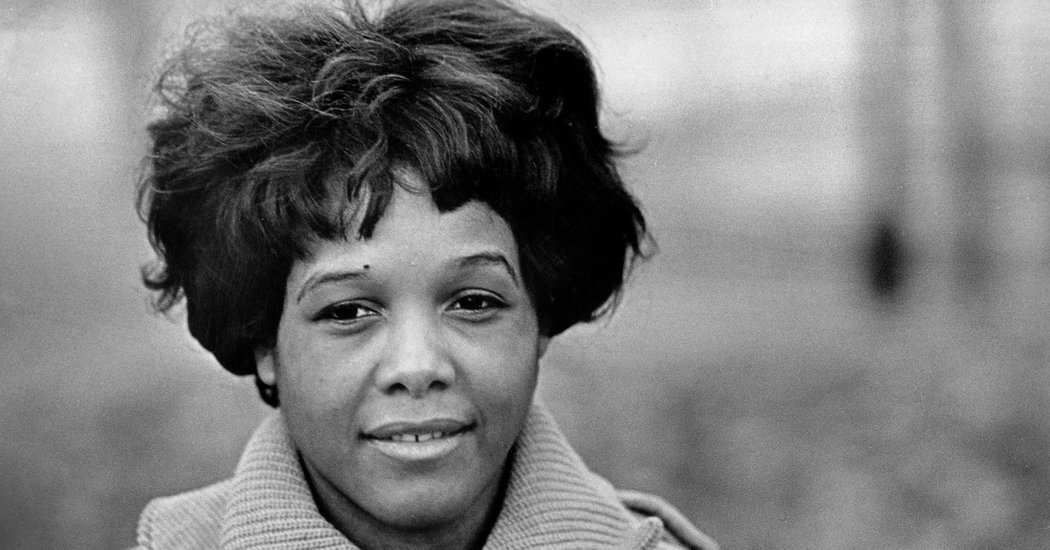
Actually, Im sure no historical figure has had a larger impact. Her book, Coming of Age in Mississippi, changed how I saw the past. Perhaps I connect to her so much because she too was born in the South. Maybe its her scathing honesty or her quizzical nature. Perhaps I identify with the rage that built up inside of her. Before Anne, when I thought of the Civil Rights movement I thought of the same names- Martin Luther King, Malcolm X and Rosa Parks. Im not the first or the last to compress the robust Civil Rights movement into those three figures. It’s truly unfortunate that so many others have been forgotten or rarely mentioned on a large scale. Though MLK and Rosa Parks had their merits, they offer a one dimensional version of Civil Rights- Christian, older, polite, forgiving. Malcolm X was the complete opposite of these traits, but he too is sanitized in textbooks if even mentioned at all. When some people think of the civil rights they envision older black people marching for their children, following after Dr. King and praying for the forgiveness of their enemies. What about the young? The resentful? The non-religious? People tend to neglect the fact that many of the people participating in the civil rights movement were young adults and teenagers blatantly defying the wishes of their fearful parents. They skipped school, they started protests, and they got arrested- all while they were ages that I’ve already left behind. 16 and 17 year olds getting tossed around in the streets or assaulted in the pursuit of integration and fair voting. At their age I was worried about college, boys, and becoming a rich reality tv star. These young adults were fearless- and need to be remembered on a larger scale in the black community as an example of excellence. One such young adult was Anne Moody, who was 22 years old when she was attacked by a white mob at a Woolsworth lunch counter sit-in in Jackson, Mississippi. Describing the experience in her memoir, “The mob started smearing us with ketchup, mustard, sugar, pies, and everything on the counter.”
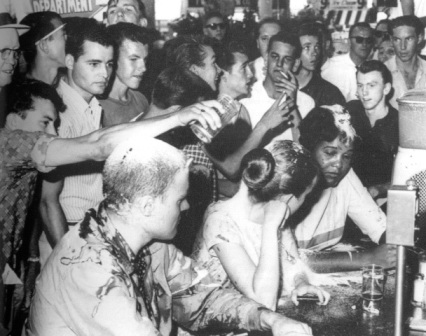
It’s hard for me to imagine being so calm and dignified in that same situation. It was probably even harder for her to stay calm when she was manhandled and dragged out of the establishment. She was my exact age as I sit here typing this. It’s jarring. At 23 years old Anne was risking her life like hundreds of other brave souls during 1964’s Freedom Summer… all in an effort to get black people to vote. Her memoir (that I really hope you’ll read) is a richly detailed text that will place you in the shoes of a young black woman in the Jim Crow South. I tremble with anger just thinking about her experiences, which could have been mine had I been born a few decades earlier than 1994. I used to abhor when my mother made vats of spaghetti every few weeks, but it seems luxurious in comparison to Anne’s staple food of rice and beans.“Sometimes mama would bring us the white family’s leftovers. It was the best food I had ever eaten. That was when I discovered that white folks ate different from us. They had all kinds of different food with meat and all. We always had just beans and bread.” Her memoir made everything about that era more real- and more inspiring. Essie Mae Moody was born in 1940 in Wilkinson County, Mississippi, and spent most of her early years working for white families for scraps. By her teenage years she was tucking away dollars for college, and became “Anne” thanks to a recordkeeping error. “I was so glad, I had always thought of Essie as a name suitable for a cow or hog.”, she recalled. She was extremely intelligent and hardworking, and had a reputation for being one of the smartest girls in her high school. That didn’t stop her from being blind to her reality, however.
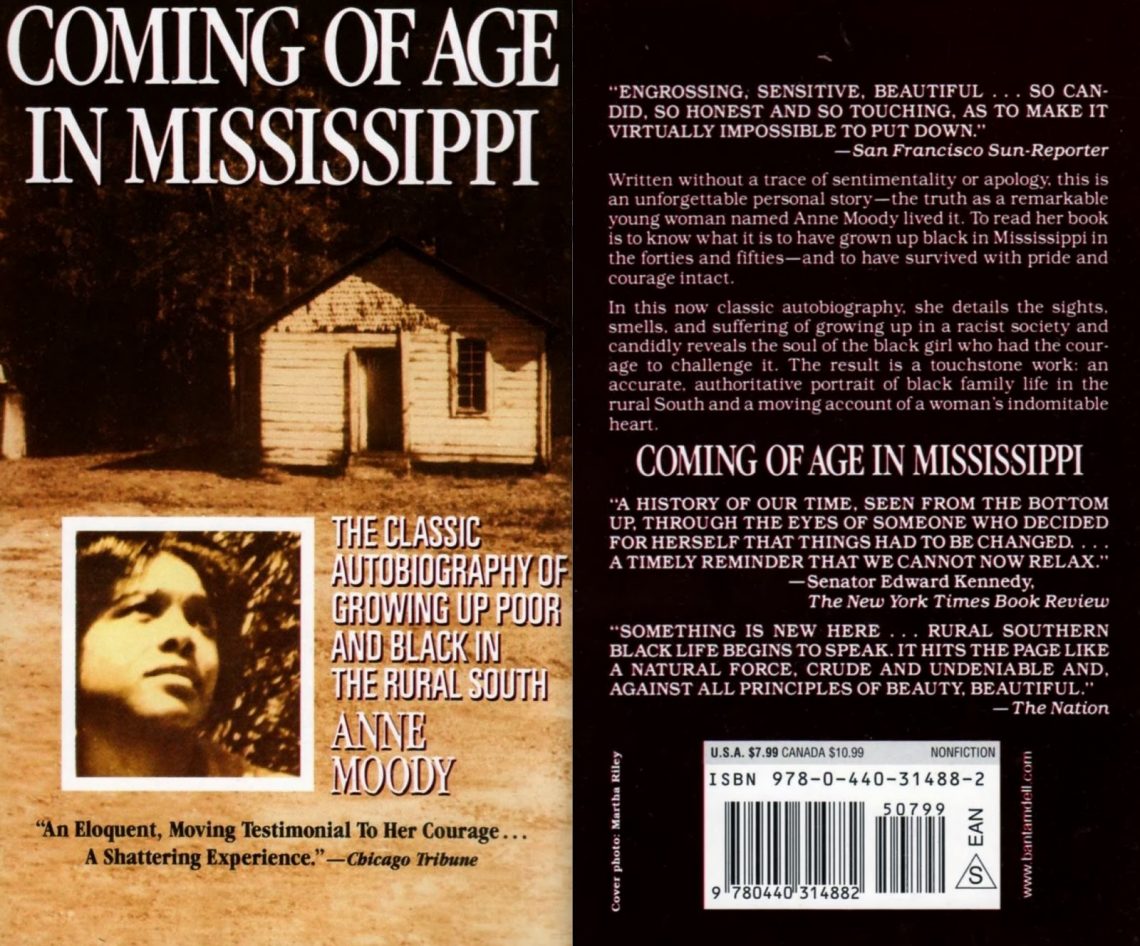
Here, Moody recalled the atmosphere after the death of Emmitt Till in 1955:
“That boy wasn’t but fourteen years old and they killed him. Now what kin a fourteen year old boy do with a white woman? What if he did whistle at her, he might have thought the whore was pretty. Look at all these white men here that’s fucking over our women. Everybody knows it too and what’s done about that? Look how many white babies we got walking around in our neighborhoods? Their mamas aint white either. That boy was from Chicago, shit, everybody fuck everybody up there. He probably didn’t even think of the bitch as white.”
What they were saying shocked me. I knew all of these boys and I had never heard them talk like that. We walked on behind them for a while listening. Questions about who was killed, where, and why started running through my mind. I walked up to one of the boys. “Eddie what boy was killed?”
“Moody where’ve you been?” he asked me. “Everybody talking about that fourteen year old boy who was killed in greenwood by some white men. You don’t know nothing thats going on besides what’s in them books of yours, huh?”
Standing there before the rest of the girls , I felt so stupid. It was then that I realized I really didn’t know what was going on all around me.”
From that point forward, Anne became more inquisitive and curious about the many injustices she had experienced throughout her lifetime. She pondered over everything she had once considered normal. Could things change? Could things be better? Did she have to keep living the way she had always lived? Her mother didn’t approve this version of Anne, because in those times people who stirred up trouble ended up in jail or worse. Even joining the NAACP could mean death. Her mother’s distaste for her activist activities remind me of my nana, who called me after seeing death threats being sent to me due to my 9/11 twitter thread. “Don’t stir up trouble, Lexi!” my nana said in 2016, instantly transporting me to the 60’s, where any doubts I had were met with Anne’s stubbornness and courage. “The more I remembered the killings, beatings, and intimidations, the more I worried what might possibly happen to me or my family if I joined the NAACP. But I knew I was going to join, anyway. I had wanted to for a long time.”
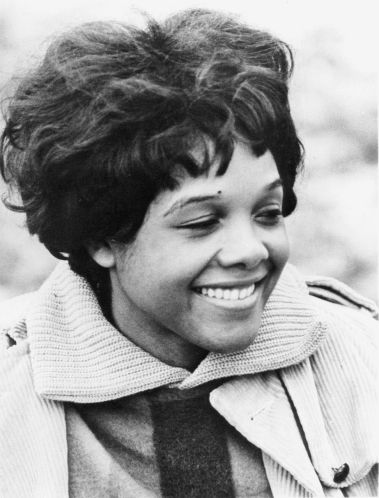 After her work with the NAACP and CORE(Congress of Racial Equality) and publishing her memoir in 1968, Anne began to feel like her efforts in civil rights were futile.“I came to see through my writing that no matter how hard we in the movement worked, nothing seemed to change.” She finished bleakly: “We were like an angry dog on a leash that had turned on its master. It could bark and howl and snap, and sometimes even bite, but the master was always in control.” I love Anne Moody more than I love pit bulls, travel, and chocolate chip cookie dough, but I have to disagree. Without her efforts, and the efforts of thousands of others like her, the playing field would be even more uneven than it currently is. Her book made the Jim Crow South more real for her contemporaries, the same way it was made real for me. Though Anne is not lauded like MLK or Rosa Parks, she is every bit as important as they were in giving me and every other black person better lives. I wish I could go back in time before her death in 2015 and ask her questions about her amazing life, but that probably wouldn’t have been likely even if time travel was real. She only granted one interview in the years after her memoir became a bestseller, and lived her life out in relative reclusivity. She married a white man, had a child with him, and then divorced him, before living out the rest of her days as a bachelorette.
After her work with the NAACP and CORE(Congress of Racial Equality) and publishing her memoir in 1968, Anne began to feel like her efforts in civil rights were futile.“I came to see through my writing that no matter how hard we in the movement worked, nothing seemed to change.” She finished bleakly: “We were like an angry dog on a leash that had turned on its master. It could bark and howl and snap, and sometimes even bite, but the master was always in control.” I love Anne Moody more than I love pit bulls, travel, and chocolate chip cookie dough, but I have to disagree. Without her efforts, and the efforts of thousands of others like her, the playing field would be even more uneven than it currently is. Her book made the Jim Crow South more real for her contemporaries, the same way it was made real for me. Though Anne is not lauded like MLK or Rosa Parks, she is every bit as important as they were in giving me and every other black person better lives. I wish I could go back in time before her death in 2015 and ask her questions about her amazing life, but that probably wouldn’t have been likely even if time travel was real. She only granted one interview in the years after her memoir became a bestseller, and lived her life out in relative reclusivity. She married a white man, had a child with him, and then divorced him, before living out the rest of her days as a bachelorette.
Her unique personality and thoughts live on through her memoir, giving life and context to the young adults who risked their lives to provide better lives for me and every other black american. If she was so brave at my age, why cant I be?

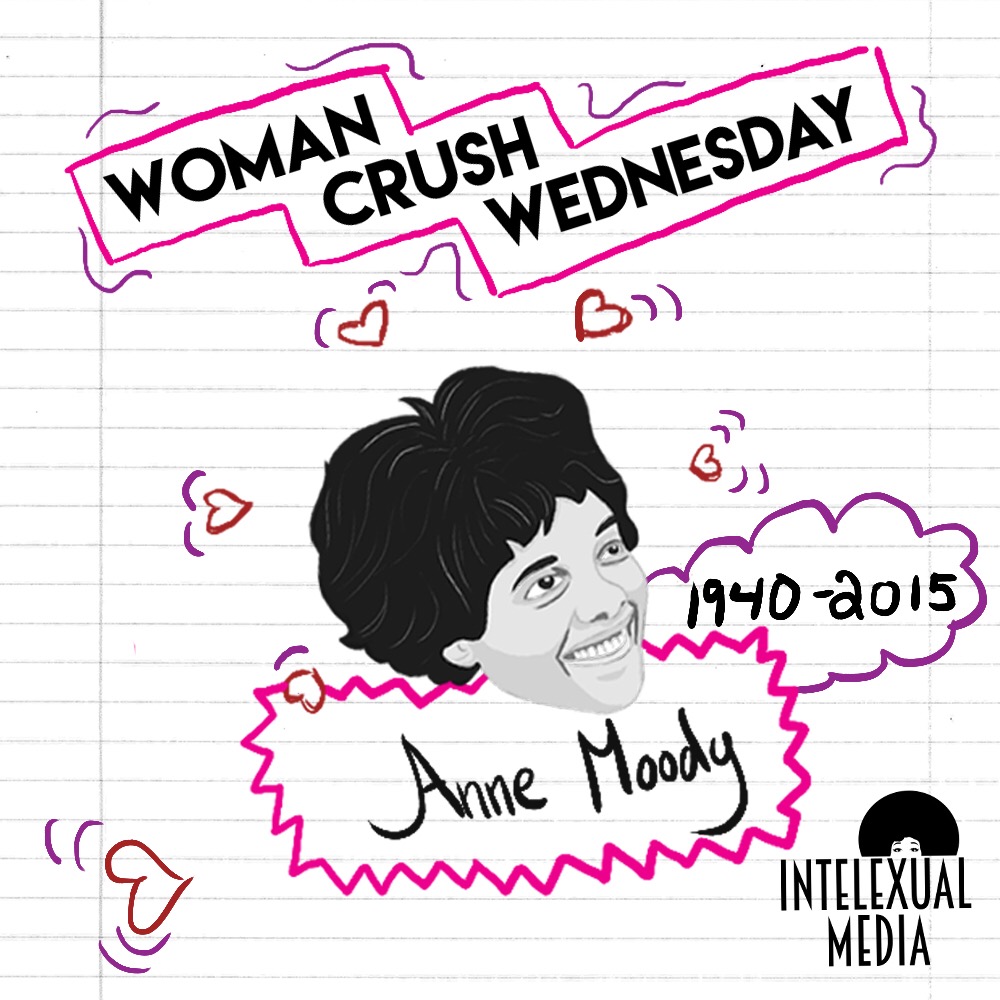
Deid
October 17, 2017 1:32 pm
One of the most powerful narratives about the Civil Rights Movement that I have read. I was born and raised in Mississippi. Anne Moody’s book “Coming of Age in Mississippi” gave me more insight into my family’s plight of survival while living in the segregated south during Civil Rights and beyond. A must read for anyone willing to learn and research Civil Rights in Mississippi from the African American perspective.